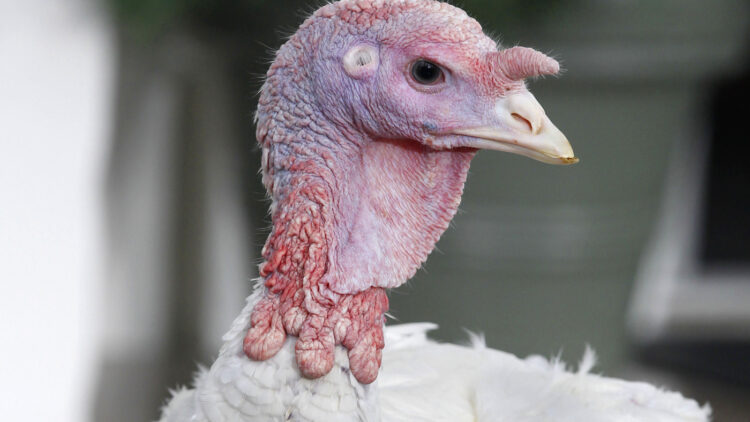What Did the Turkey Say to the Computer?

The question “What did the turkey say to the computer?” may seem like a joke or a riddle, but it actually has a serious answer. In today’s world, technology has become an integral part of our lives, and it is not uncommon for people to interact with computers and other digital devices on a daily basis. However, as we rely more and more on technology, it is important to remember that it is still a tool that we control, not the other way around. This article will explore the meaning behind the question “What did the turkey say to the computer?” and what it can teach us about our relationship with technology.
The Origins of the Question
The question “What did the turkey say to the computer?” has been around for many years, and its origins are somewhat unclear. Some sources suggest that it may have originated as a joke or a riddle, while others believe that it was first used as a way to highlight the limitations of artificial intelligence and machine learning.
Regardless of its origins, the question has become a popular meme in recent years, often used in online forums and social media platforms. It has also been the subject of numerous parodies and remixes, with people creating their own versions of the question and sharing them with others.
The Meaning Behind the Question
So what does the question “What did the turkey say to the computer?” actually mean? At its core, the question is a reminder that technology is only as good as the people who use it. While computers and other digital devices can be incredibly powerful tools, they are ultimately controlled by human beings who are fallible and imperfect.
This means that we need to be careful when using technology, and we need to remember that it is not a substitute for human judgment or common sense. We cannot rely on computers to make decisions for us or to solve all of our problems, and we need to be prepared to take responsibility for our own actions and decisions.
The Risks of Over-Reliance on Technology
One of the biggest risks of over-reliance on technology is that it can lead to a loss of critical thinking skills and independent thought. When we rely too heavily on computers and other digital devices, we may become complacent and stop questioning the information that we receive.
This can be particularly dangerous in situations where the stakes are high, such as in medical diagnoses or legal proceedings. If we blindly trust the results of a computer program without questioning its accuracy or reliability, we may end up making serious mistakes that could have been avoided with a more critical approach.
Finding a Balance
So how can we avoid the risks of over-reliance on technology while still taking advantage of its many benefits? The key is to find a balance between using technology as a tool and relying on our own judgment and critical thinking skills.
One way to do this is to approach technology with a healthy dose of skepticism and to always question the information that we receive. We should also be willing to seek out multiple sources of information and to compare and contrast them in order to arrive at a more accurate understanding of a given situation.
At the same time, we should not be afraid to use technology when it can be helpful, such as in data analysis or research. By finding a balance between these two approaches, we can take advantage of the benefits of technology while still maintaining our own independence and critical thinking skills.
Conclusion:
In conclusion, the question “What did the turkey say to the computer?” may seem like a joke, but it actually has an important message for all of us. As we continue to rely more and more on technology in our daily lives, it is important to remember that it is only a tool that we control, not the other way around. By maintaining our own critical thinking skills and approaching technology with a healthy dose of skepticism, we can avoid the risks of over-reliance and find a balance that allows us to take advantage of its many benefits.






